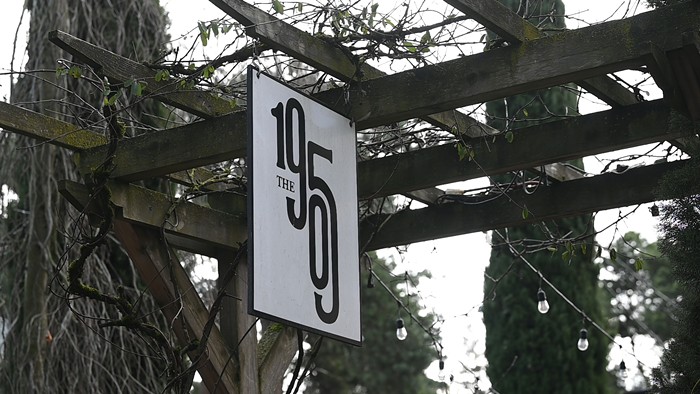
In plush times like these, the Portland City Council finds itself with millions to play with in November. This year, as the yearly "budget monitoring process" rolled around, the city had roughly $12 million more than anticipated to spend as it would [PDF].
The money, officially earmarked by the council Wednesday morning, will go toward projects large and small. Since half of the surplus must be spent on infrastructure maintenance, nearly $5 million will help replace a bridge on NE 42nd, and another million or so will safeguard the power supplies at the Justice Center and Portland Communications Center.
There's $50,000 that will reimburse organizations that helped DACA recipients re-apply. Most controversial, there's nearly $2 million set aside to let the police bureau hire 20 officers more than its approved staffing levels (the bureau says it needs to prepare for a wave of upcoming retirements).
Also of interest: After some brief negotiations, the city agreed to pour $1.9 million more into the county's Joint Office of Homeless Services—cash that will go toward permanent shelter and next year's homeless count.
But there were losers, too. Three relatively high-profile items that looked like they might get cash during the BMP weren't part of the equation when all was said and done.
•Bathrooms for the homeless: As we reported last month, Mayor Ted Wheeler signaled an interest in using BMP money to fund two restroom trailers for homeless people in Southeast Portland. Wheeler included a request of $100,000 that would've helped pay for a six-month pilot of that program, designed to both eliminate human waste on the city's byways and serve people with very limited access to restrooms. Wheeler's spokesperson Michael Cox tells the Mercury that Wheeler will try to fund the project with contributions from the private sector.
•More funding for campsite sweeps: The mayor's final package also left out a $150,000 request to pay for the unprecedented campsite cleanups that have begun under Wheeler's watch. The city has quadrupled the number of contract workers it pays to clear camps deemed problematic, and earlier this year engaged in an effort officials compared to last year's mammoth cleanup of camps along the Springwater Corridor multi-use path. As a result, there's been concern the city will run dry of cleanup cash before the year is out.
•Deputy police chief: As the Mercury first reported, new Police Chief Danielle Outlaw is looking for a second in command. As part of an arrangement she worked out while accepting the chief job, she's convinced City Hall that she needs a deputy to deal with the bureau's three assistant chiefs. The theory is that this will allow Outlaw to focus on big-picture strategies for the bureau, and that notion has some interesting support. Both Portland Copwatch and the director of the Independent Police Review have shown support for a deputy chief. But a $347,000 request that would pay for the new position, an administrative assistant for the deputy chief, and a take-home vehicle didn't make the cut in the BMP. The city will instead make the police bureau find funding for the job. Spokesperson Sgt. Chris Burley says that won't hinder plans. "The Police Bureau has the authority to create the position and will fund the position with salary from positions that are currently vacant," he says.


















